The British countryside has long been associated with the more privileged and affluent, with a sense of belonging in the natural world having long been taken for granted by certain groups of individuals. People of colour particularly face unjust barriers to accessing nature and land in the UK, with proximity to green space greatly affected by socio-economic factors, and engrained cultural perceptions determining who embarks on outdoor activities.
Research published in 2019 by Campaign to Protect Rural England stated that only 1% of visitors to UK national parks come from BAME backgrounds. And this lack of representation extends to many walks of life. One of this year’s Nature Writing Prize judges, Dr Anjana Khatwa, commented that, ‘My sense of isolation and exhaustion also comes from being part of the dismal 0.6% of ethnic minority people working in the natural environment sector.’
However, there are an abundance of brilliant organisations campaigning to provide greater access to nature for people from minoritised groups, and to better platform underrepresented voices in nature writing and the environmental sector. By reinstating and encouraging the presence of people of colour and people living with disabilities in the outdoors, cultural attitudes and the reclamation of rights to nature are shifting. Everyone should have equal opportunity to the benefits of nature, to feel like they belong in the spaces they occupy, and to be able to access them without barriers (physical, economic, or social), whether it be a city park, common land, or a rugged mountainscape.
Founded in 2019, Black Girls Hike provides a safe space for Black women to explore the outdoors. Challenging the status quo and encouraging Black women to reconnect with nature, Black Girls Hike host nationwide group hikes, outdoor activity days, and training events.
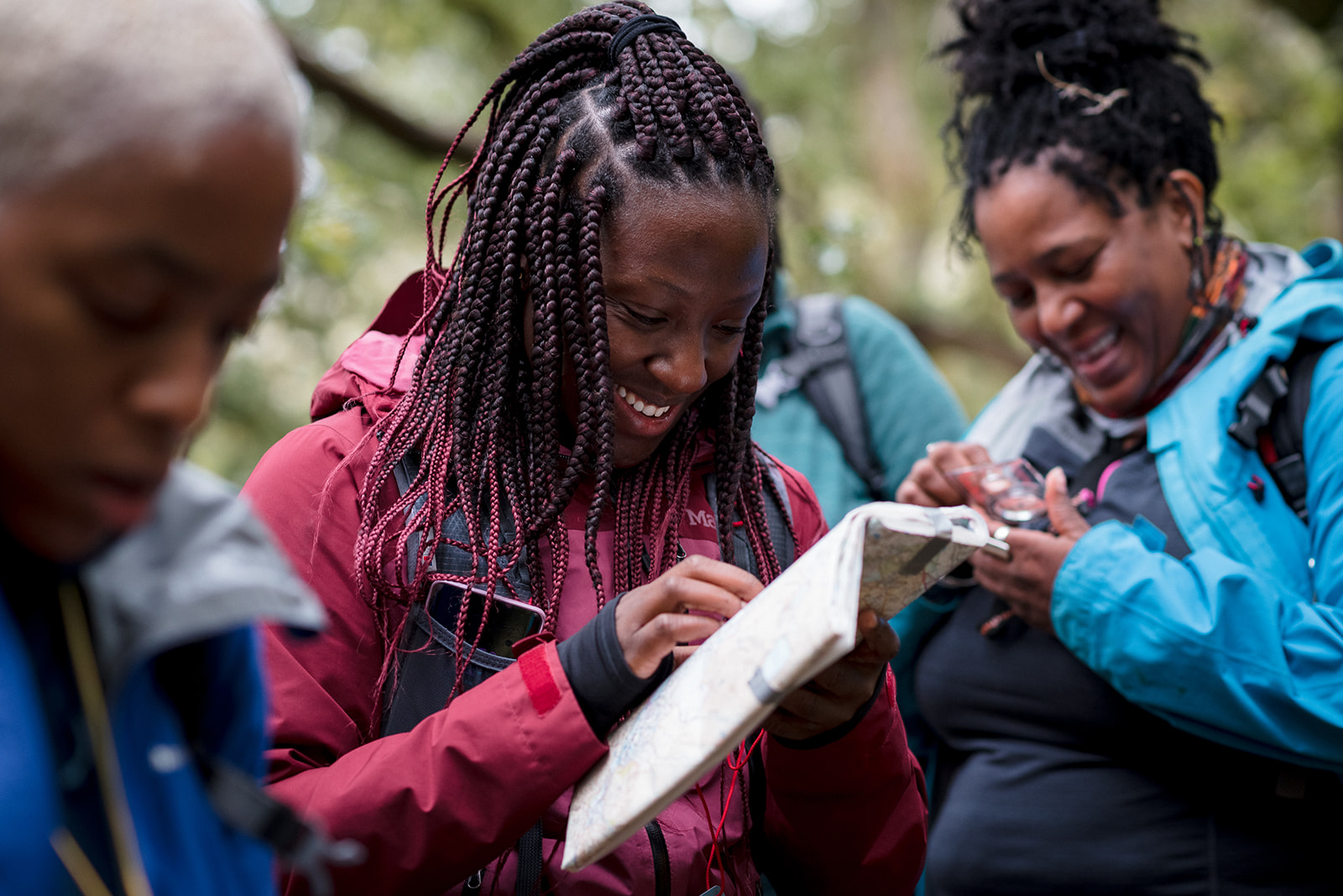
From 2018–2022, The Willowherb Review, set up by former James Cropper Wainwright Prize judge Jessica J. Lee, provided a digital platform to celebrate and bolster nature writing by emerging and established writers of colour.
The Willowherb Review published each of its issues online and entirely for free, paying all writers, illustrators, and editorial assistants, funded through the generous support of readers, patrons and Arts Council England.
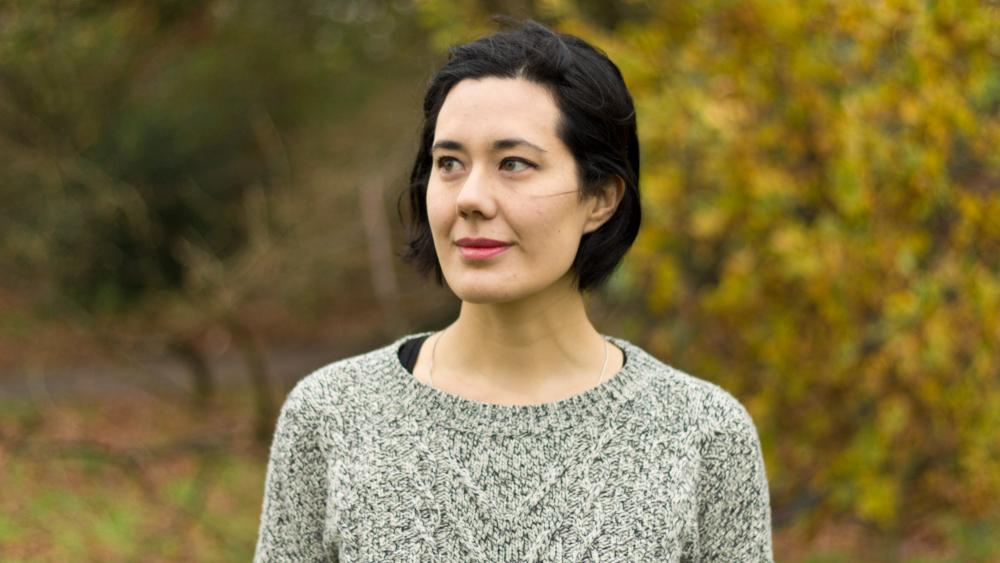
3. Black2Nature
Founded by 2023 James Cropper Wainwright Prize longlistee Dr Mya-Rose Craig (also known as Birdgirl), Black2Nature is dedicated to connecting Visibly Minority Ethnic (VME) families and kids with the natural world and the benefits it brings, from short walks to day-trips to camping trips out in the wild. Everybody should have the benefit of being able to go out into green or natural spaces, not just for their enjoyment but also for their mental, physical and social wellbeing.
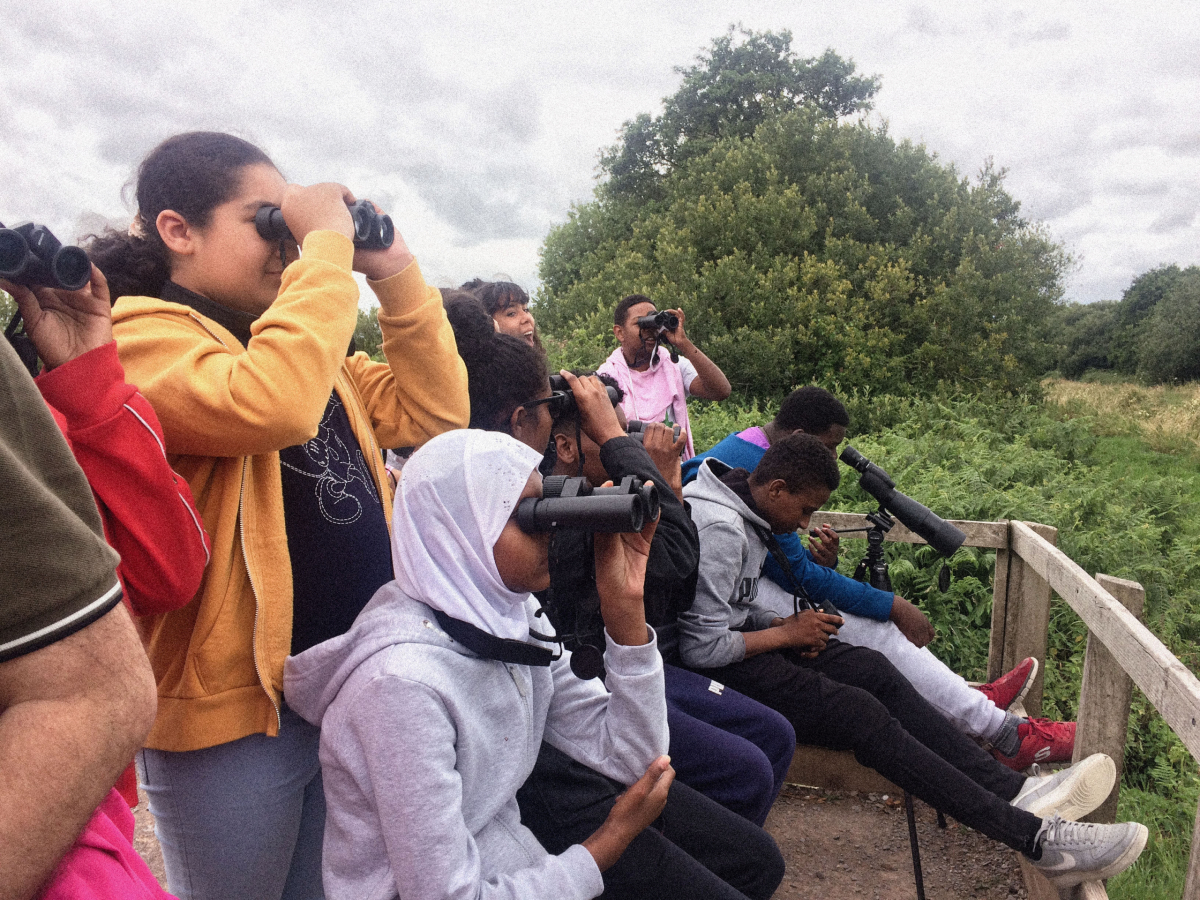
The Nan Shepherd Prize is a competition to find the next voice in nature writing. It aims not only to celebrate nature writing but provide an inclusive platform for new and emerging nature writers from underrepresented backgrounds.
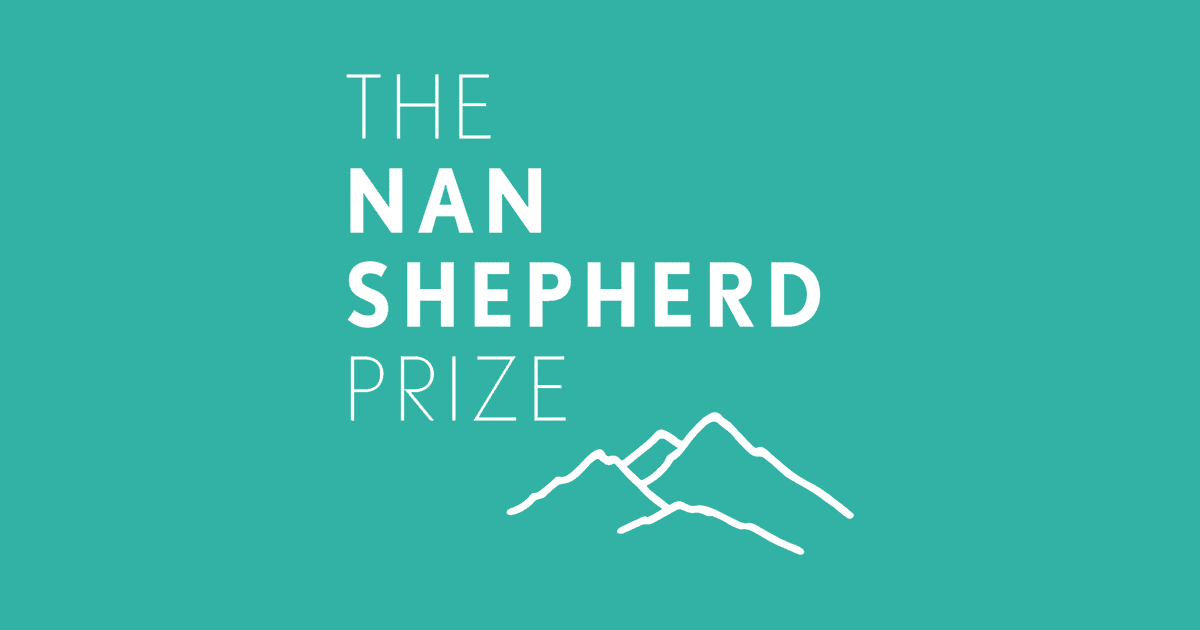
Peaks of Colour is a Peak District-based nature-for-healing club by and for people of colour only, founded on the Black and Abolitionist Feminist ethos of radical self-care, rest as resistance, healing justice, community care and nature therapy. Their walks are informal yet intimate, offering a brave space to explore nature and the well-being benefits it offers.
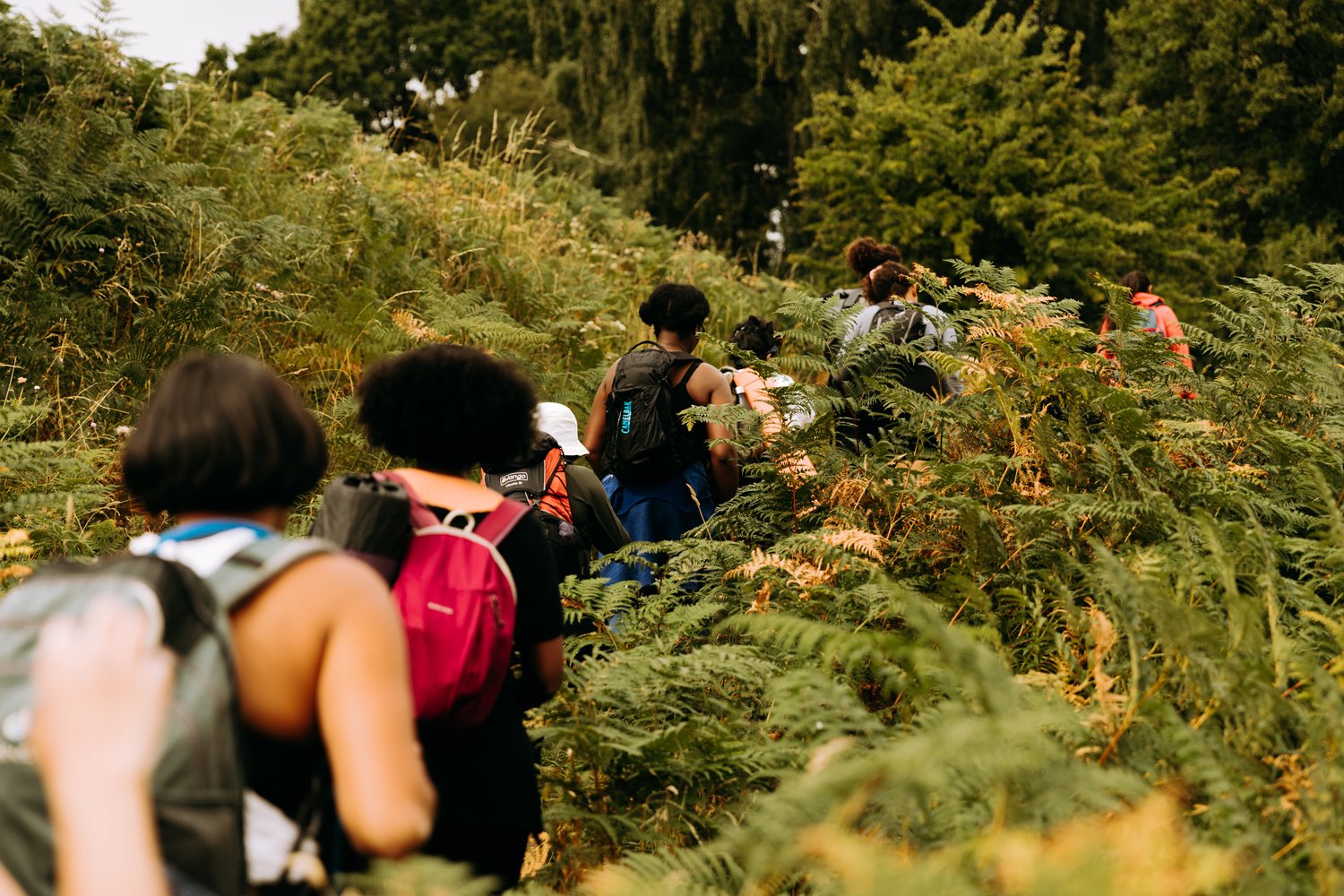
Right to Roam is campaigning to bring a Right to Roam Act to England so that millions more people can have easy access to open space, and the physical, mental and spiritual health benefits that it brings. Right to Roam recognises the restrictions of access inherent in our countryside, and how this disproportionately affects working-class people and minority ethnic groups.
“Two hundred years ago, the working class were still intrinsically connected to the countryside. Even as late as the 1930s, rambling and cycling were seen primarily as working class hobbies, accompanied by a strong understanding that nature was needed as a salve to counteract the hard, cramped lifestyles of urban dwelling. Only very recently has the countryside become the preserve of the middle and upper classes”
“For Black and People of Colour (BPOC) communities, there are many more barriers to nature than simply the walls of private estates. The English landscape is filled with manorial estates built from the profits of enslaving and trading African people, of West Indian Sugar plantations and East Indian colonialism. The legacy of these racist, imperialist systems survives, as strong as it is unacknowledged, in the estate walls that it financed, built around common ground and blocking everyone who once had rights to this land from accessing nature. But it is also manifested in a deep sense that many BAME people feel that they remain unwelcome in the countryside.”
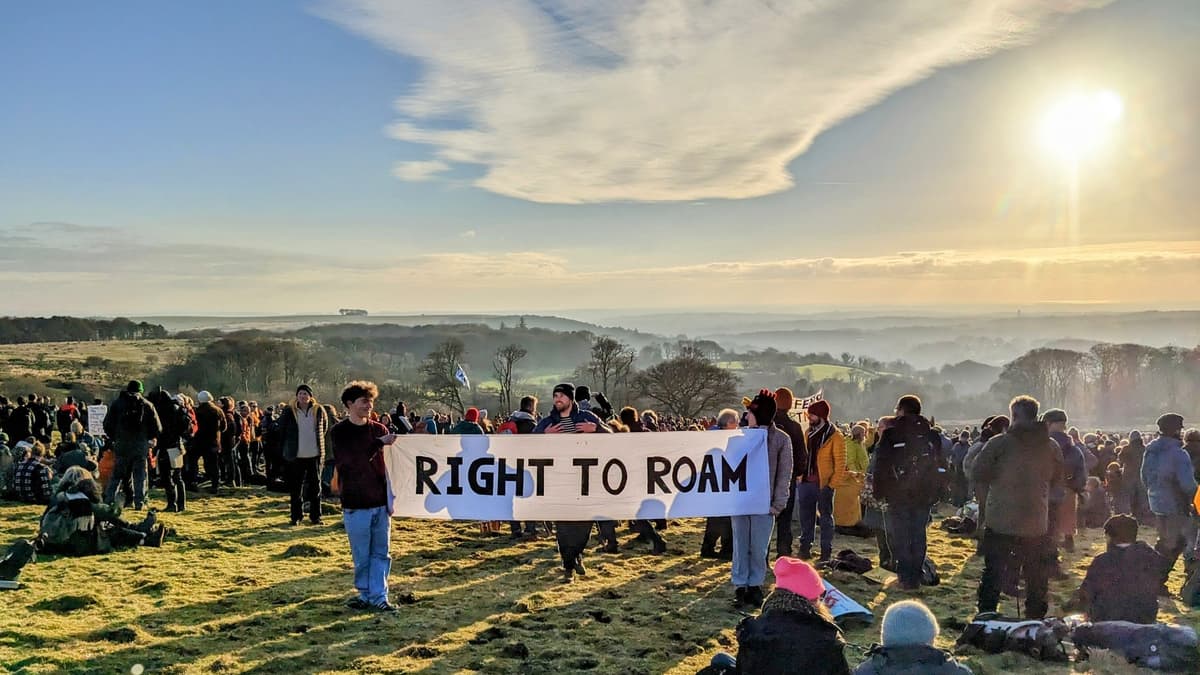
The Wanderlust Women is an initiative born out of the need to normalise Muslim women exploring and being visible in the great outdoors. A hiking and adventure group who provide like-minded women the space, knowledge and skills to traverse green spaces with confidence.
“We are here to stay, we are here to break barriers and stereotypes placed upon us, and we are here to change what others misconceive as the typical walker, hiker and mountaineer.”
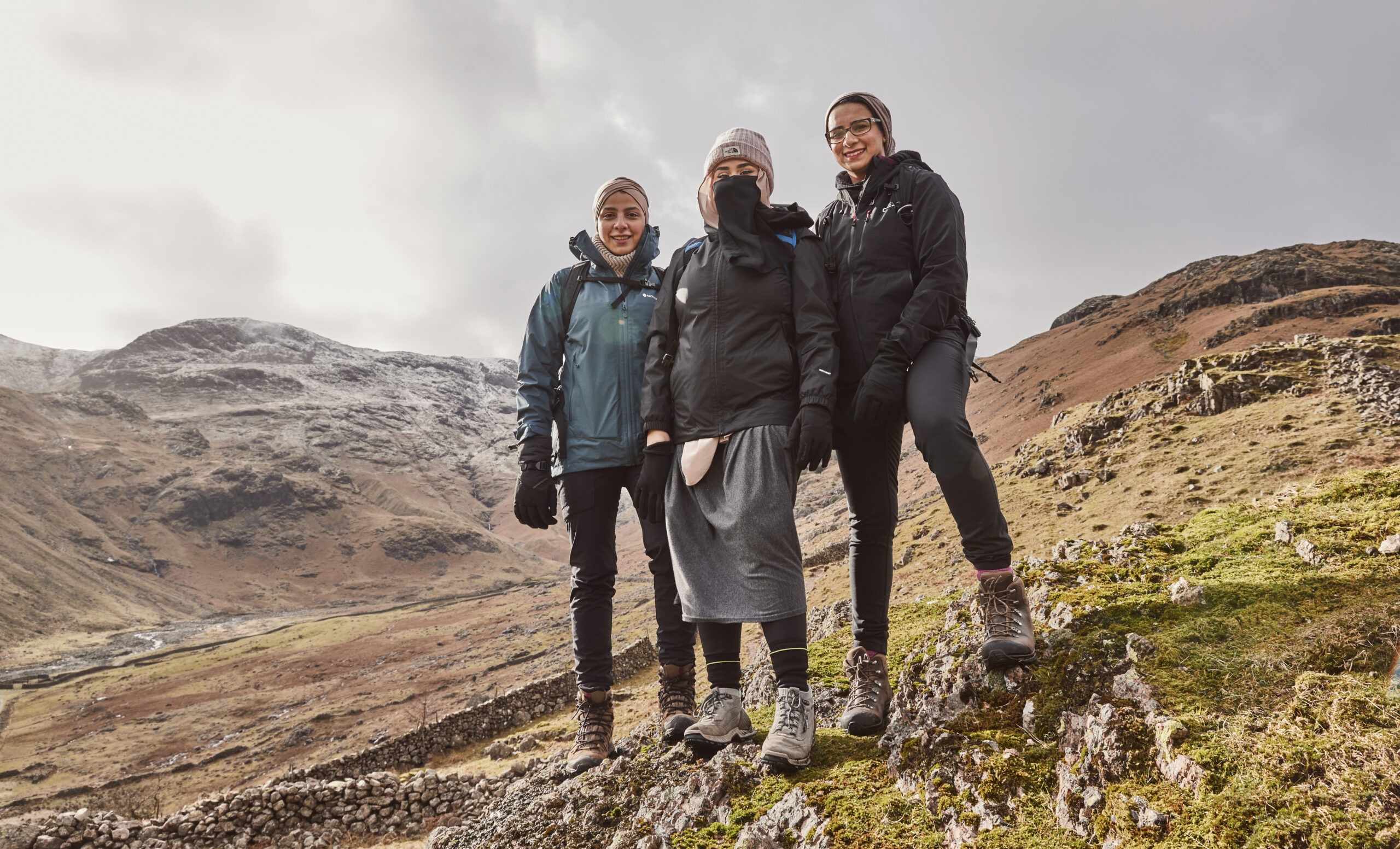
Race for Nature made use of the Government’s Kickstart scheme to tackle the longstanding lack of racial diversity in the environmental movement, supporting over a hundred young people from diverse backgrounds to thrive and progress by placing them into environmental organisations across the country.
“The UK environmental sector is made up of less than 5% of people from ethnic minorities and is one of the least racially diverse sectors in the country. This is a real problem, because it is black and brown communities around the world that are suffering the most from the climate emergency and ecological crisis. As we go into what might be our last stand for climate and nature, it is essential that the organisations leading this fight represent the communities they serve and protect.”
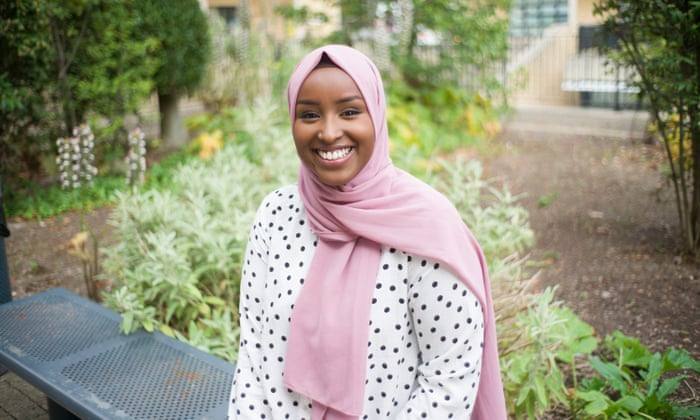
Moving Mountains is a new project that brings together nature writing with people living with chronic illness and physical disability. The project secured Arts Council England funding, which will allow the compilation of a manuscript of new work by twenty-five writers and artists.
This much-needed book will, for the first time, collate the relationship to the more-than human world from the perspective of those who do not move through the world unhindered by physical form, and for whom climbing mountains and trekking through rough terrain is often out of reach. Moving Mountains is not about overcoming or conquering, but living with and connecting.
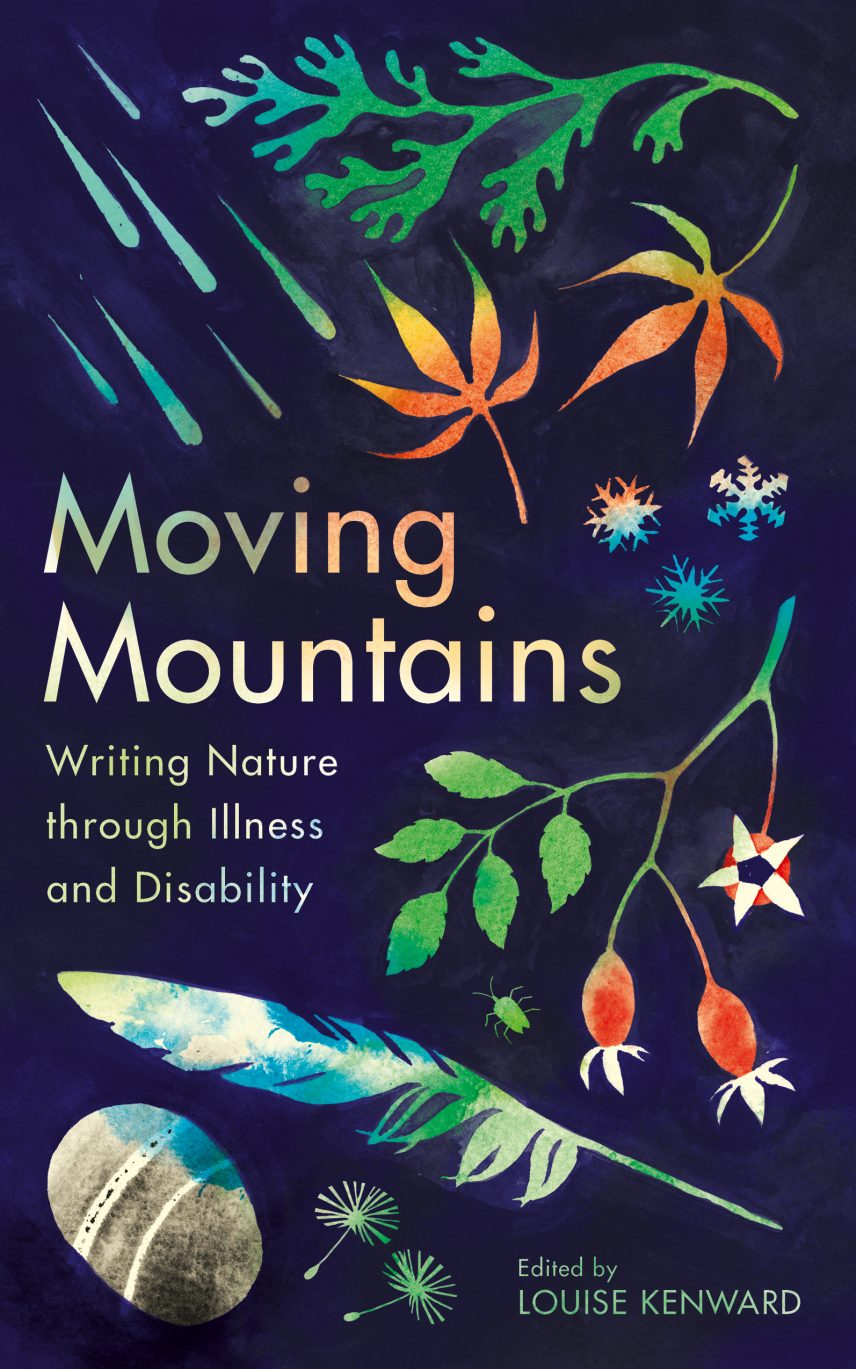
10. Wild in the City
“Using the skills of our ancestors to nurture a deeper relationship with the natural world and a sense of belonging to communities past and present”
Founded in 2013, Wild in the City support well-being through relationships with nature in London and beyond, working from natural settings and offering experiences in hiking, woodland living skills, natural history and ecotherapy. They offer a range of nature experiences designed to inspire you to spend more time outdoors and help make nature a meaningful part of everyday life; sharing knowledge about how to look after yourself in nature, wildlife habitats, names and uses of wild plants, animal behaviour, cultural customs, traditional crafts and folklore.
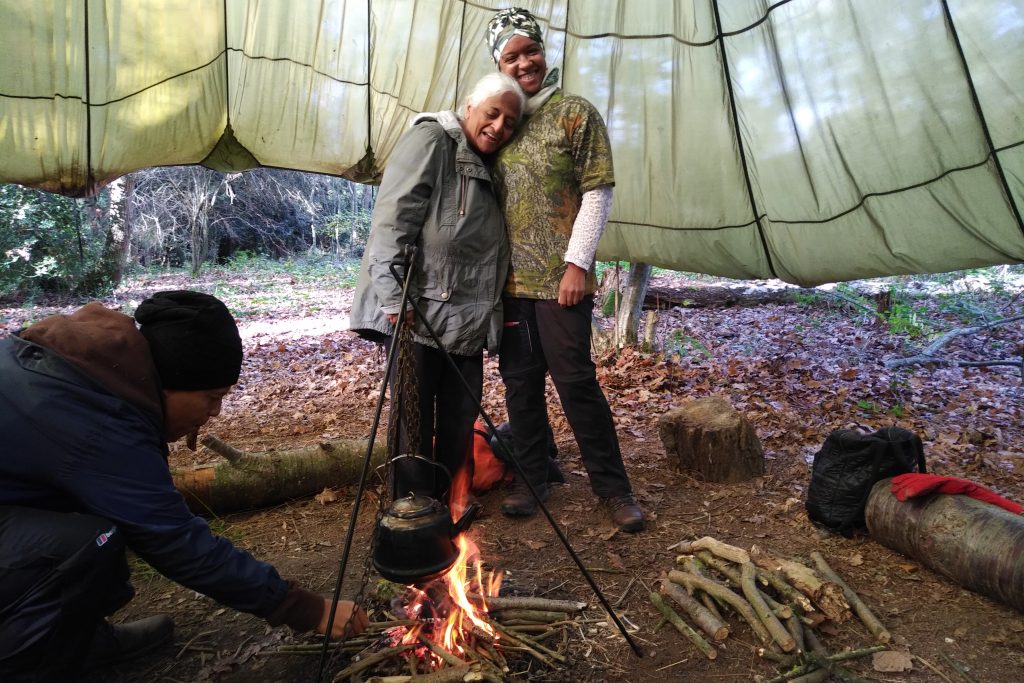
LION is a grassroots Black-led collective committed to reparations in Britain by connecting land and climate justice with racial justice. LION aims to disrupt oppressive land dynamics relating to BPOC communities in Britain, addressing land justice as a centre point for issues around food insecurity, health inequalities, environmental injustice & widespread disconnect from nature. They strive to create strong networks between BPOC growers, herbalists, land workers, ecologists and other land-based practitioners.
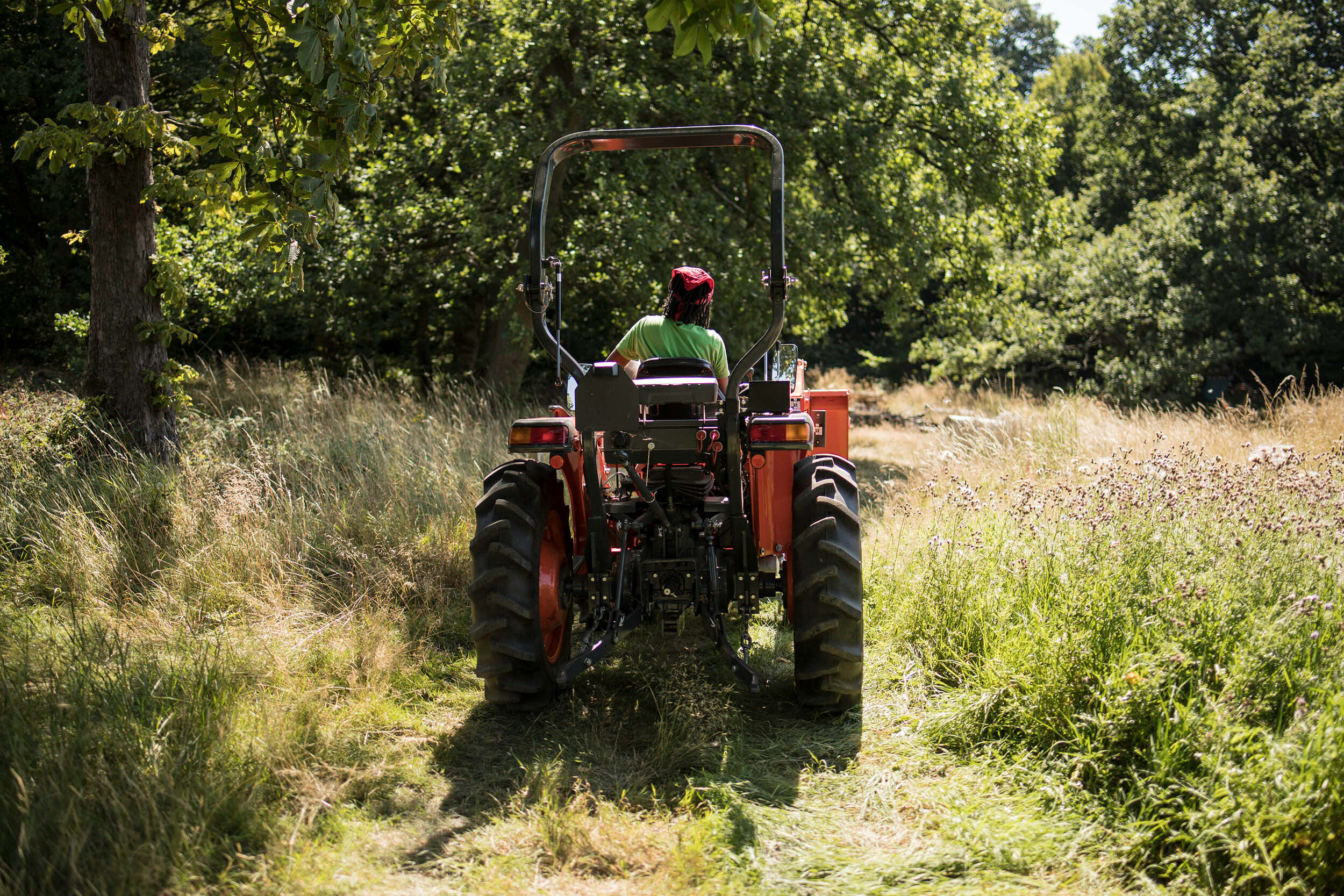
Writing Our Legacy CIC is an arts and heritage organisation that enables Black, Asian and ethnically diverse/BPOC people to tell their story through writing and the creative arts. They give writers and other creatives a platform and community to feel supported, nurtured and evolve their work through the creative pipeline, from start to publication, sharing stories and heritage of diaspora communities and bringing them to life through various art forms.

Bees & Refugees is an environmental justice organisation introducing beekeeping as therapeutic & community-building craft to refugee and local communities in London, whilst supporting the UK’s native black bee population to flourish.
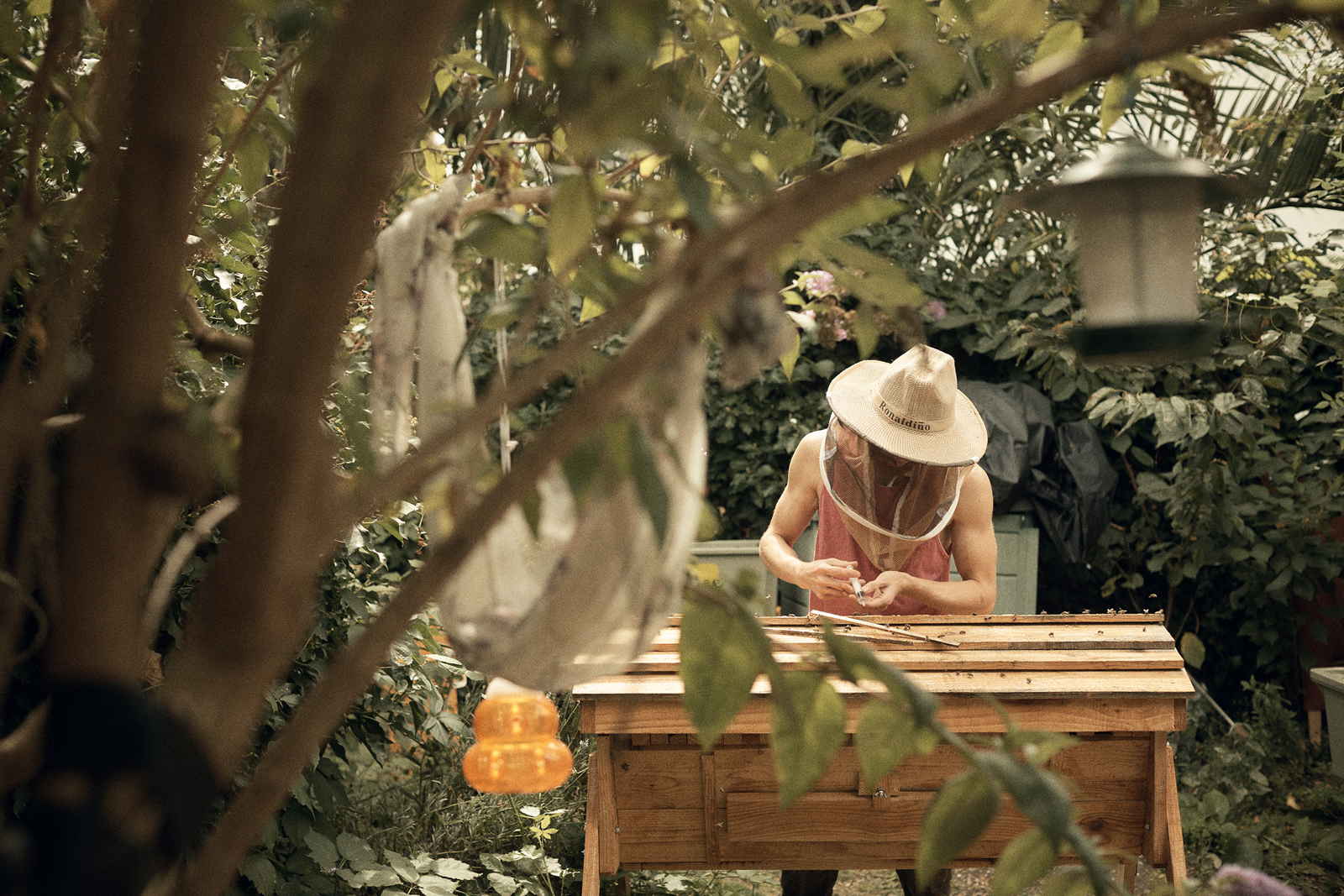
Explore all of this year’s shortlists here, from a range of talented voices.
Privacy Policy | Terms & Conditions | Website by Milk & Tweed
| Cookie | Duration | Description |
|---|---|---|
| cookielawinfo-checkbox-analytics | 11 months | This cookie is set by GDPR Cookie Consent plugin. The cookie is used to store the user consent for the cookies in the category "Analytics". |
| cookielawinfo-checkbox-functional | 11 months | The cookie is set by GDPR cookie consent to record the user consent for the cookies in the category "Functional". |
| cookielawinfo-checkbox-necessary | 11 months | This cookie is set by GDPR Cookie Consent plugin. The cookies is used to store the user consent for the cookies in the category "Necessary". |
| cookielawinfo-checkbox-others | 11 months | This cookie is set by GDPR Cookie Consent plugin. The cookie is used to store the user consent for the cookies in the category "Other. |
| cookielawinfo-checkbox-performance | 11 months | This cookie is set by GDPR Cookie Consent plugin. The cookie is used to store the user consent for the cookies in the category "Performance". |
| viewed_cookie_policy | 11 months | The cookie is set by the GDPR Cookie Consent plugin and is used to store whether or not user has consented to the use of cookies. It does not store any personal data. |